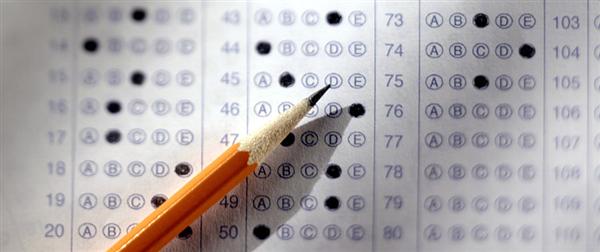Any discussion about caps on Asian American college enrollment needs to be accompanied by definition what criteria should be used for admissions. University of Miami sociology professor Frank L. Samson found that white Californians that he surveyed strongly supported GPA and test scores as their definition of college admissions merit. When another group of white Californians heard first about how Asian Americans are twice their population proportion in the University of California (UC) system, Sampson found that this group had a different point of view. They favored a lesser emphasis on grades and test scores and more on nebulous qualities like “leadership” where Asians Americans are thought to be less successful.
In this Inside Higher Ed article, Samson sums up his results:
“Sociologists have found that whites refer to ‘qualifications’ and a meritocratic distribution of opportunities and rewards, and the purported failure of blacks to live up to this meritocratic standard, to bolster the belief that racial inequality in the United States has some legitimacy. However, the results here suggest that the importance of meritocratic criteria for whites varies depending upon certain circumstances. To wit, white Californians do not hold a principled commitment to a fixed standard of merit.”
In other words, Samson found that many whites like meritocracy when it keeps outs blacks, but like it much less when it ends up including lots of Asian Americans. He proposes that the perception of a group threat from Asian Americans is skewing their attitudes. You might think, “sadly true, but how does it affect Asian Americans?”
These attitudes have real world implications. Samson points out how in the University of California (UC) System, SAT II subject tests were eliminated as admissions criteria, tests where Asian American students were known to do better than average. The idea of a “holistic review” is currently part of the UC admissions process, taking into consideration more than just grades and test scores (I’ll post more about holistic review shortly). Even a former Ivy league admissions officer admits that he has seen bias against Asian Americans in the admissions process.
These results are not really surprising. Increasing Jewish enrollments in the Ivy League during the early 20th century led to use of qualities like “leadership” in Ivy League admissions in an attempt to keep down their numbers. We have written many times about how Asian Americans are considered “other” and not inherently American, so their success is considered a threat – not considered to be part of an overall American success. Researchers, some from the very institutions that are said to be maintaining a cap, have found that Asian American studies need higher test scores to get into elite institutions.
Some have argued that relying on standardized tests can stunt intellectual growth and should do more than focus only on academic achievement for college admissions. While I would agree with large parts of those arguments, I would say that studies like Samson’s remind us that any kind of selection criteria for “merit” can be gamed to work against Asian Americans or any other group.









